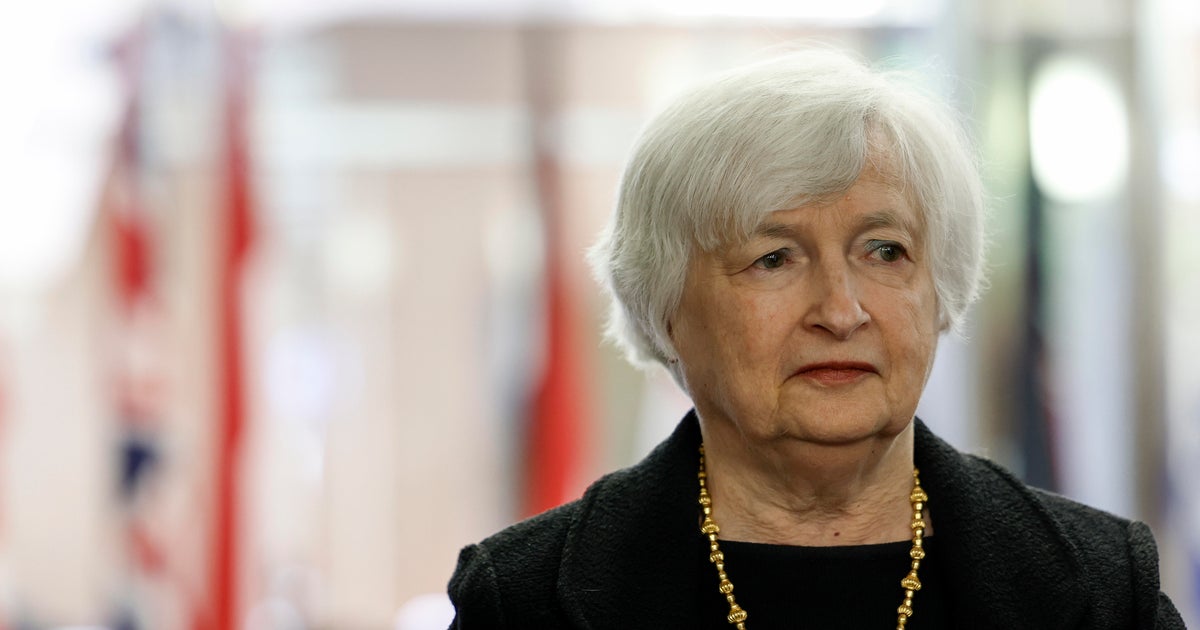Democrats lean into health care ads as coronavirus halts conventional campaigns
Candidates who planned to spend the spring connecting with voters face-to-face have seen their campaigns thwarted by the coronavirus. As a result, Democrats have been compensating with more time on the airwaves, spending largely on ads related to health care.
Democratic Senate campaigns and outside groups have been racking up big ad buys to highlight flaws in the healthcare system and slam Republicans over access to coverage.
Since the week of March 13, the day President Trump declared a national emergency, Democrats have spent about $82 million mostly on health-focused ad buys scheduled through the fall, according to CMAG/Kantar Media data.
Senate Majority PAC, a Democratic Super PAC focused on flipping control of the Senate, has placed more than $70 million in ad reservations in key battleground states.
"Health care has been a top issue and remains a top issue, if not one of the most important issues to voters," Senate Majority PAC communications director Rachel Irwin told CBS News.
The failure of Republicans to repeal the Affordable Care Act in 2017 handed Democrats an opportunity to showcase their efforts to preserve the nation's health care law. In the 2018 midterms, nearly three out of every five pro-Democratic ads mentioned health, according to a study by the Wesleyan Media Project. The same has been true this season: exit polling in the early Democratic primaries found health care remained among the top issues on voters' minds as they headed to the polls.
And concerns about COVID-19 have reminded voters of health care issues that Democrats have championed, like coverage of preexisting conditions, a popular component of the Affordable Care Act. And Medicaid expansion, mostly opposed by Republicans but advocated by Democrats, has also been a big part of the national and political conversation about health care. Under the Affordable Care Act, governors in most states have opted to expand the program, which provides affordable care to low-income earners.
A Kaiser Family Foundation study found that around 2.3 million low-income adults in the 14 states that have not expanded Medicaid would benefit if their states decided to expand the program. Some of those states such as North Carolina, Georgia, and Kansas have crucial Senate races this fall.
Among the Democratic Senate candidates who have seized on health care in their races against Republican opponents is Pastor Raphael Warnock of the Ebenezer Baptist Church in Atlanta. His campaign highlights his arrest in 2014 for protesting the state's decision not to expand Medicaid.
In Montana, the Super PAC Protect Our Care has commissioned an ad highlighting GOP Senator Steve Daines' 2017 vote to repeal the Affordable Care Act. The ad begins, "Healthcare is a top concern of Montana families — the cost of care and whether the care will be there when they need it." And it ends by asking Montanans to call Daines about their healthcare concerns. Daines is up for reelection in November, and former Montana Governor and presidential candidate Steve Bullock will be challenging him in November.
Now that former Vice President Joe Biden is the presumptive Democratic nominee, Democrats can focus on health care without drawing Republican attacks on the costs of "Medicare for All," the single-payer health care plan introduced by Bernie Sanders, who dropped his bid and this week endorsed Biden. During the Democratic primary debates, Biden said he wants to build on the Affordable Care Act by adding a public option that includes some automatic enrollment. He also recently called for lowering the eligibility age for Medicare.
During the pandemic Biden and other Democrats have called on the federal government to reopen Affordable Care Act health care exchanges to allow more people to sign up for coverage. As far as the national exchanges are concerned, President Trump has rejected this idea, saying instead that the government would cover the cost for those treated for COVID-19 who are uninsured. At the same time, nearly a dozen states have reopened their state-based exchanges to allow the uninsured to get coverage amid the pandemic.
While Democrats rally around the issue, Republicans lack their own health care plan to gather behind. Last year, President Trump claimed Republicans would unveil their own health care plan, but they have yet to present one as they head into the general election season.
"Democrat candidates are relying on false attacks from the same dark money entities they hypocritically bemoan on the campaign trail," National Republican Senatorial Campaign Committee communications director Jesse Hunt told CBS News in a statement. "Voters know if Democrats get their way private health insurance will no longer exist, so these groups are doing what they can to paper over their candidates' vulnerabilities."
Republican Senate campaigns have also ramped up ad spending, but the bulk of their ads focus on the economic recovery plan the Senate passed in March with bipartisan support. Senators including Mitch McConnell, Steve Daines and Susan Collins have all aired ads highlighting the federal coronavirus response.
McConnell is running an ad that mentions unspecified attacks by his opponent, Amy McGrath, and claims that while she attacks him, he's leading, "working across the aisle to get hundreds of millions in federal dollars for Kentucky hospitals" during the crisis, and "helping small businesses get emergency loans."



